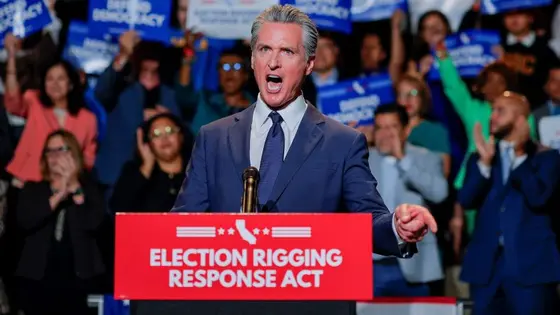T4K3.news
Obama backs Newsom redistricting response
Obama supports California temporary redistricting plan as a response to Texas GOP moves.
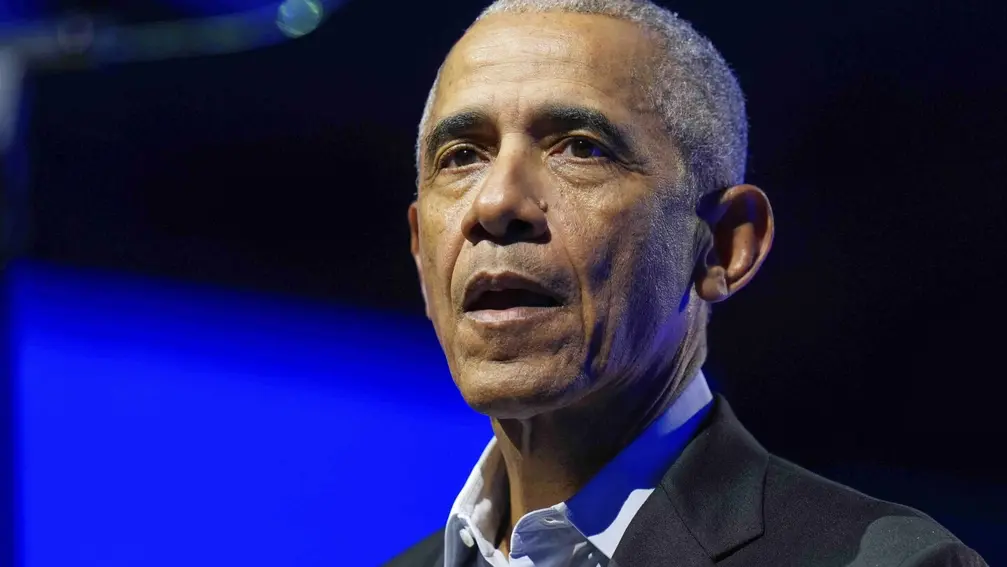
Obama publicly supports California's temporary redistricting plan as a counter to Texas driven efforts.
Obama backs Newsom redistricting response to Texas GOP moves
Former President Barack Obama spoke at a Martha’s Vineyard fundraiser and voiced support for Governor Gavin Newsom’s approach to redistricting. He described Newsom’s plan as responsible, saying California would act only if Texas or other Republican states pursue similar maneuvers. The remarks come as mid-decade redistricting moves gain attention amid nationwide debates about partisan influence in map drawing.
California lawmakers have proposed a temporary shift that would give map drawing power to an independent commission for a few elections, pending voter approval this November. If Republicans move forward with new maps elsewhere, Newsom and Democratic leaders intend to keep the measure in place only temporarily, with map drawing returning to the commission after the 2030 census. The proposal has sparked a hearing that grew heated as Democrats and Republicans clashed, and the committee advanced the map along party lines.
The fundraising event raised about 2 million dollars for the National Democratic Redistricting Committee and its affiliates, with high-profile figures like Pelosi and Holder in attendance. The Texas debate on adding five GOP seats intensified scrutiny of how states respond to perceived gerrymandering and prompted Democratic governors to consider bold countermeasures while preserving long term electoral integrity.
Key Takeaways
"I believe that Gov. Newsom’s approach is a responsible approach. He said this is going to be responsible. We’re not going to try to completely maximize it."
Obama’s assessment of Newsom's plan at the Martha’s Vineyard fundraiser.
"We’re only going to do it if and when Texas and/or other Republican states begin to pull these maneuvers. Otherwise, this doesn’t go into effect."
Obama clarifying the conditions under which the plan would be enacted.
"And we’re going to do it in a temporary basis because we’re keeping our eye on where we want to be long term."
Obama describing the temporary nature of the California plan.
"I think that approach is a smart, measured approach, designed to address a very particular problem in a very particular moment in time."
Obama summarizing the rationale behind Newsom’s strategy.
News analysis shows mid-decade redistricting becoming a tool in partisan politics rather than a rare administrative procedure. The California plan frames a temporary response to a specific moment, linking procedural changes to a national contest over who controls map drawing. This underscores a broader tension between maintaining independent commissions and using emergency tactics to protect political leverage.
The move raises questions about precedent and permanence. A temporary adjustment could become a new normal if courts or voters tolerate it, risking erosion of independent process norms. The political stakes extend beyond California, shaping public trust as voters weigh how responsive and fair redistricting can be in a polarized era.
Highlights
- Temporary maps carry lasting consequences
- Leadership tests democracy in the map room
- This moment shapes how we balance fairness and leverage
- Policy moves today set the tone for the next decade
Political sensitivity around mid-decade redistricting
The piece discusses a politically charged topic that involves potential backlash, budgeting questions, and nationwide implications for democratic processes. The policy could trigger legal challenges and public reaction that may affect voter trust and party strategy.
The map debate is not just about districts but about the trust people place in democratic processes.
Enjoyed this? Let your friends know!
Related News
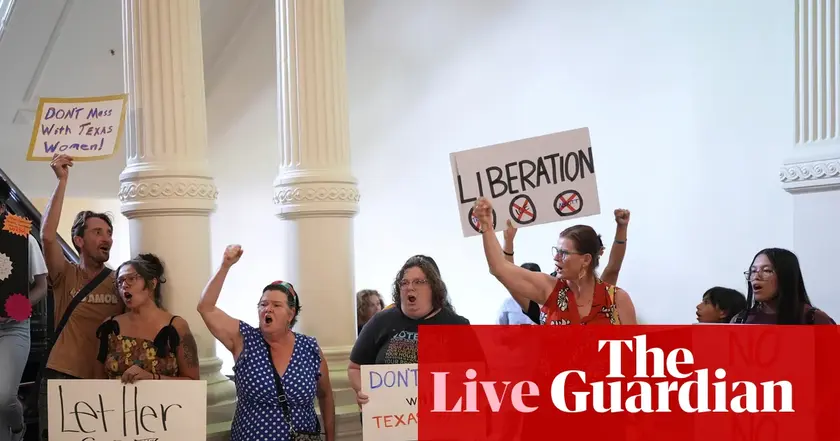
Texas GOP Advances Redistricting Map
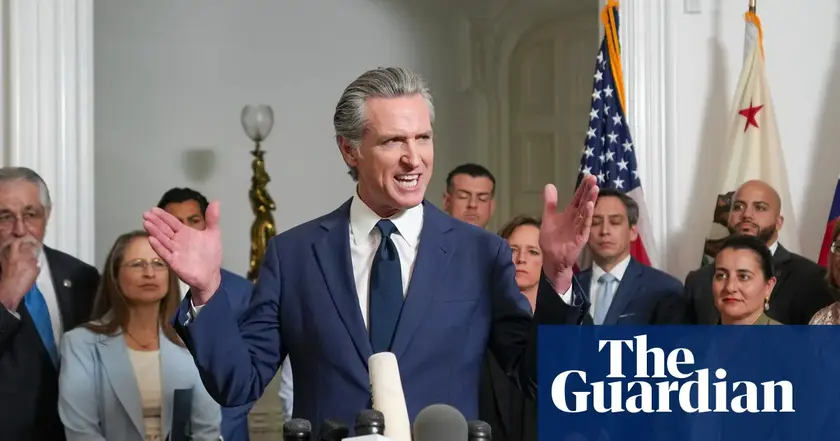
Democrats push bold redistricting response
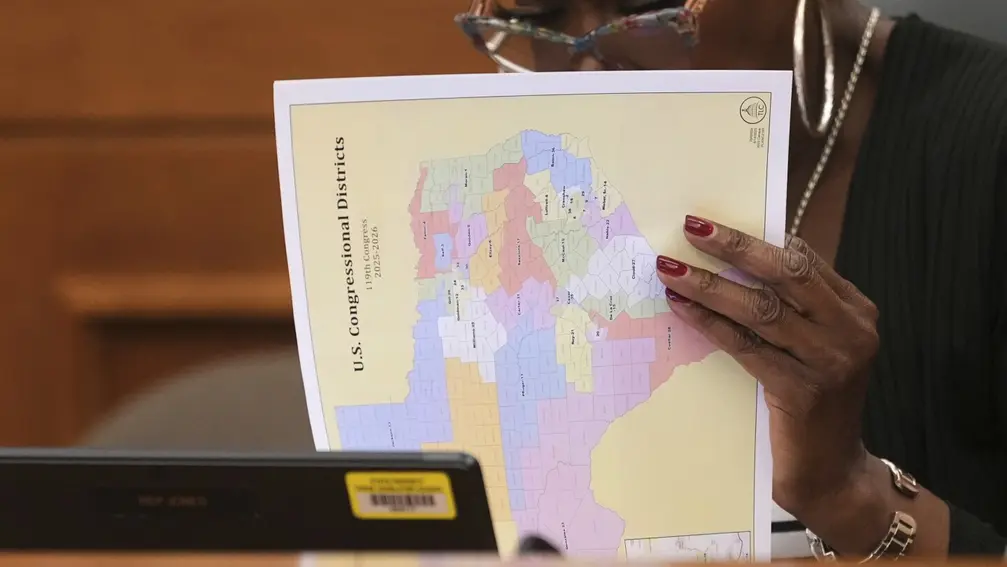
Republicans plan redistricting strategy to secure House
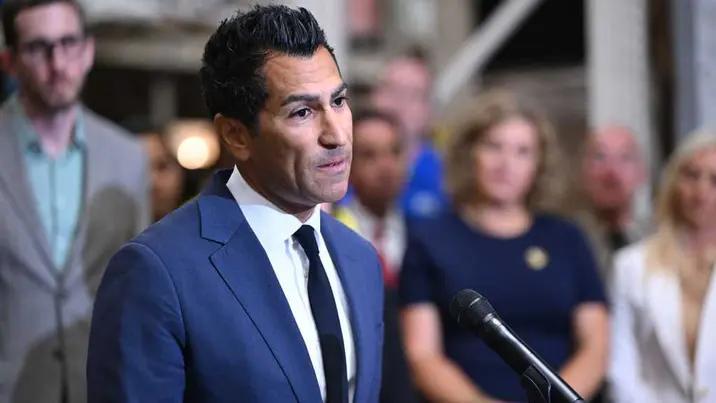
California Democratic leaders back Newsom on redistricting
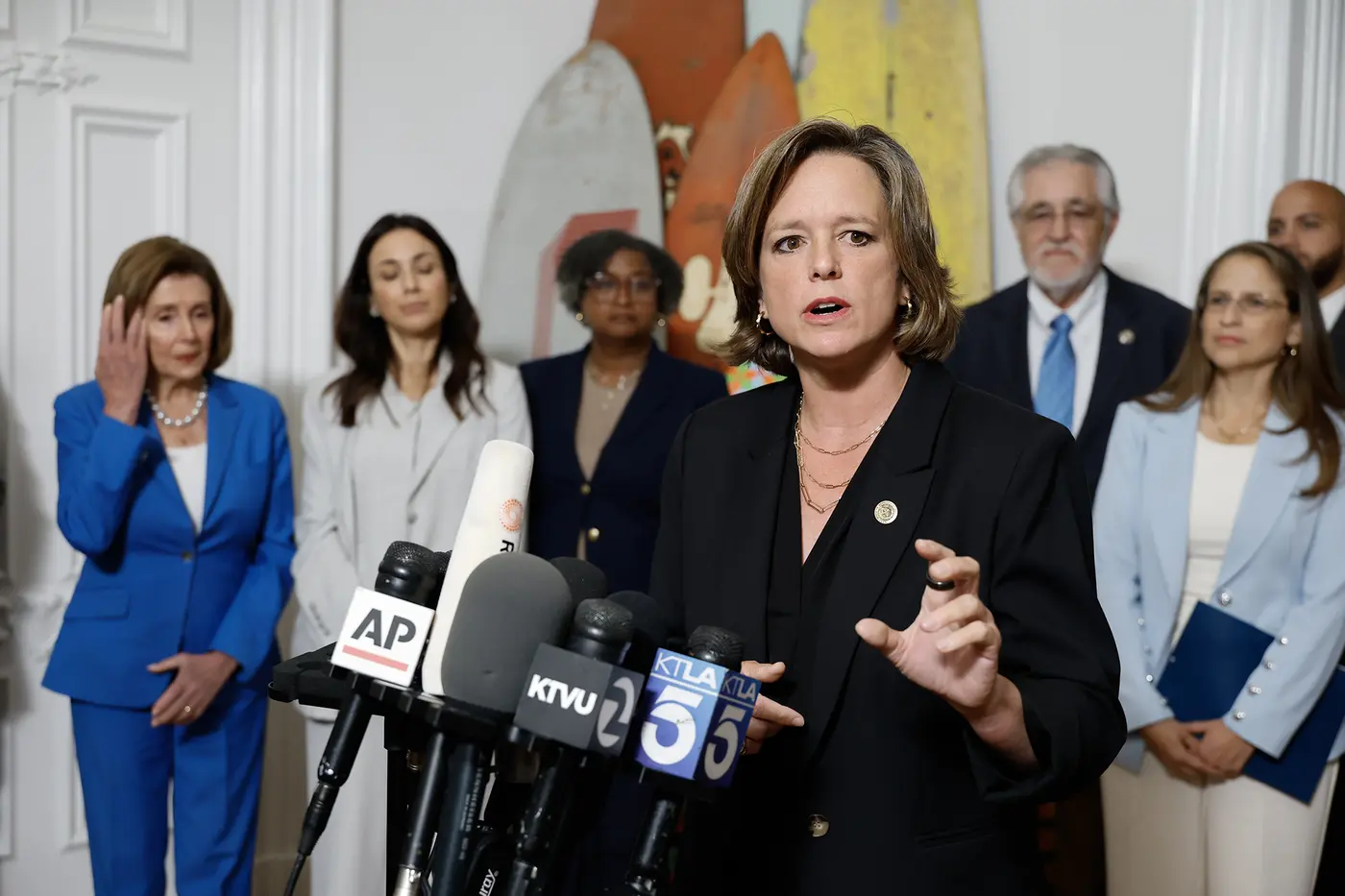
California Democrats back redistricting plan
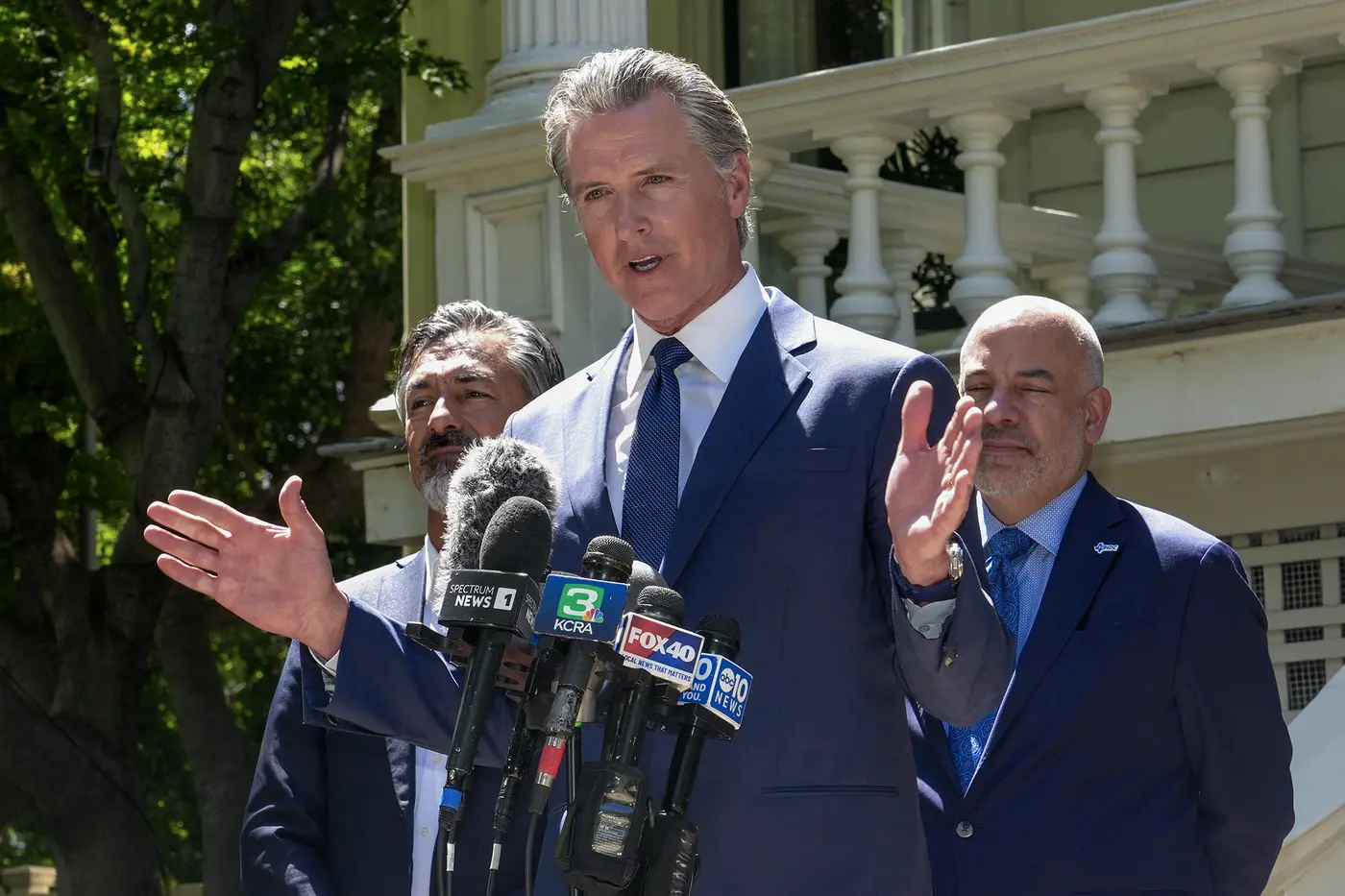
Newsom plans response to Texas redistricting
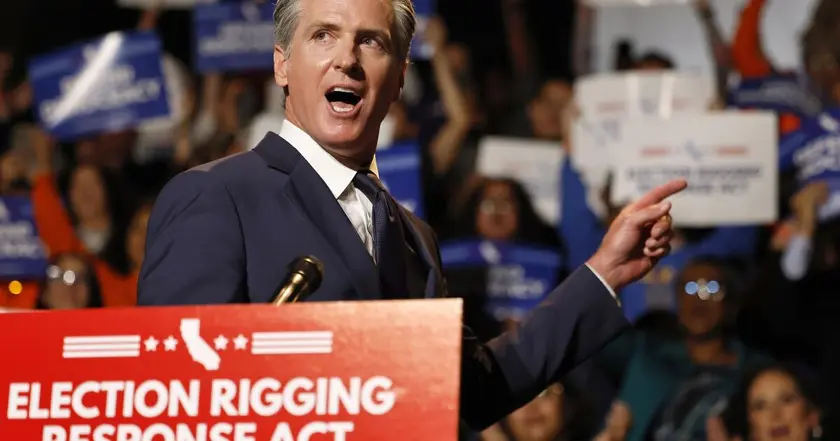
Newsom plan could reshape California redistricting
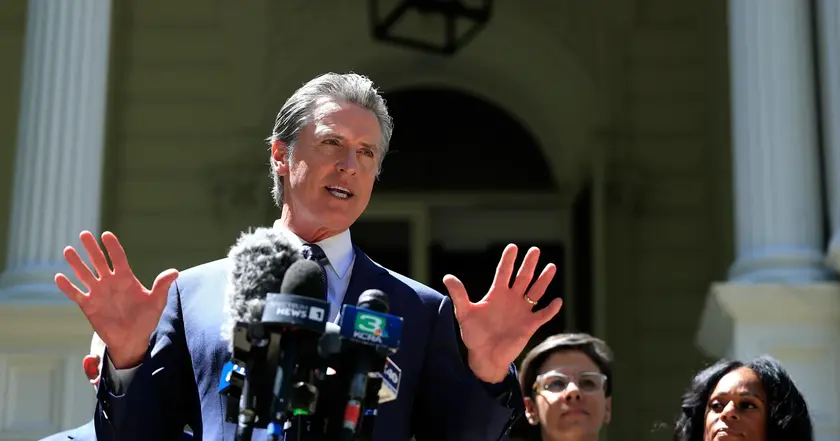
California faces cross state redistricting clash
